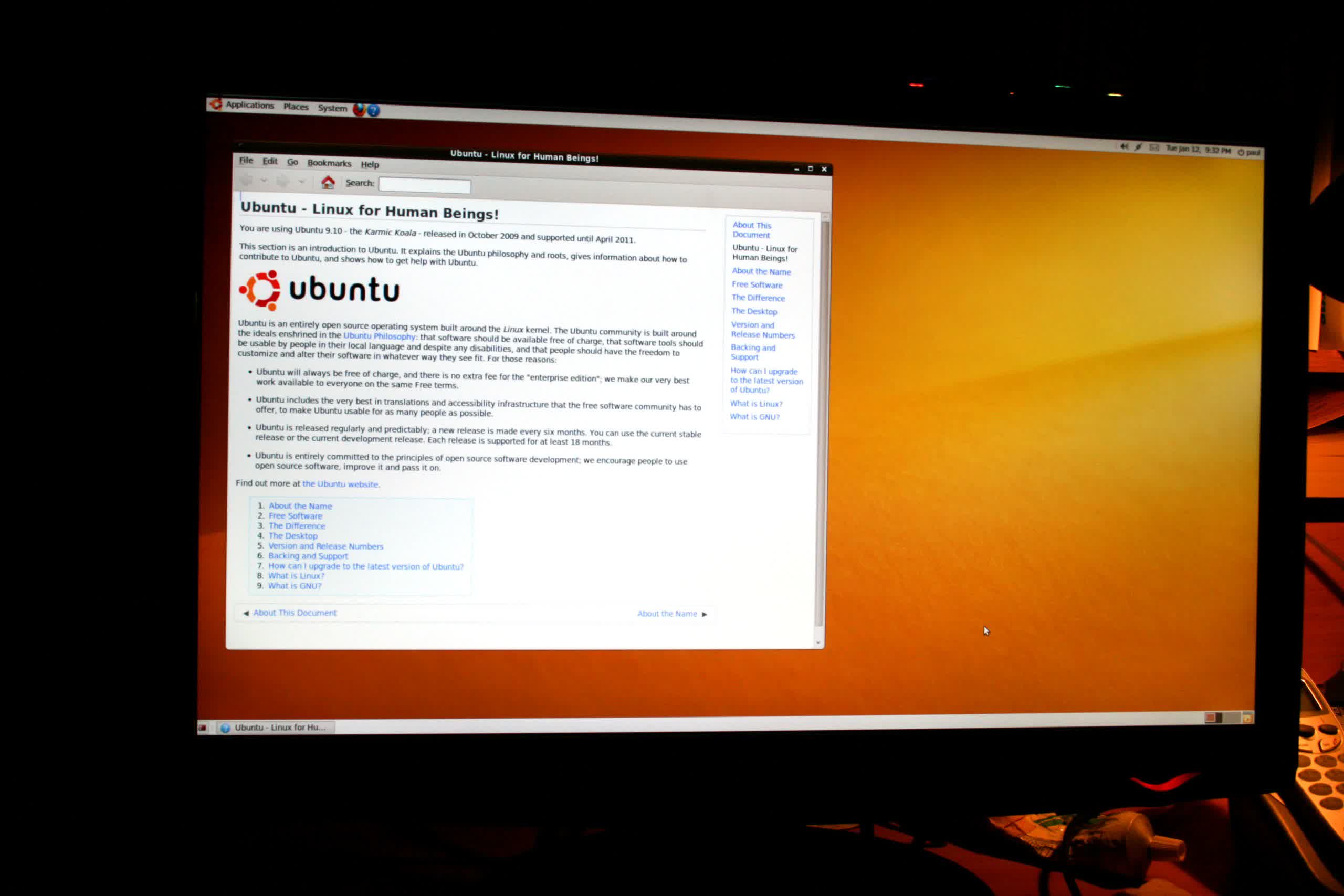In a nutshell: Researchers warn that up to 240 million PCs could wind up in landfills after Microsoft ends support for Windows 10. The rationale here is that Windows 11 hardware restrictions will render all of these computers obsolete. However, older computers have been going obsolete for decades, and current recycling efforts are much more robust than in past years. So, will it be a real problem?

Windows 11's strict hardware requirements have received their fair share of controversy since launching in late 2021. Initially, Microsoft warned of compatibility issues, which didn't go over too well, and saw users finding ways around the hardware checks. It's raising further concerns as Windows 10 approaches end-of-life (EOL) status.
Technology research firm Canalys reports that when Microsoft sunsets Windows 10 in 2025, it could send as many as 240 million PCs to the scrap heap. Reuters estimates the dump would equate to 480 million kilograms of e-waste. For perspective, it adds that such a dump is equivalent to about 320,000 automobiles.
"Microsoft's decision will worsen the industry's e-waste problem and highlights the role of OS vendors in enabling circular IT models," notes Canalys. "Microsoft's Windows 11 will help support a struggling PC market as customers prepare for another refresh cycle – but the termination of Windows 10 support could prevent hundreds of millions of devices from getting second lives, leaving many liable to end up in landfill [sic]."
However, the entirety of 240 million computers will not likely land in garbage dumps in 2025.
Microsoft has already announced it will offer extended security updates for Windows 10 to 2028. Of course, continuing EOL coverage is neither free nor cheap. Only a fraction of customers with obsolete PCs, primarily businesses, will shell out for it. Microsoft also stands to gain from the refreshed demand for Windows 11 that Win10's sunsetting brings.

Then there is Linux and repurposing to consider. A small to moderate number of Windows 10 machines will see new life as Linux computers and servers. Others will continue running Win10 for functions like testing and research. Air gapped networks reduce the need for new security updates and allow Windows 10 to remain viable indefinitely.
Additionally, many – maybe even most – users will recycle their e-waste. Even some of the smallest communities have e-waste drives at least once per year. Others have full-time recycling centers devoted to scrapping and reclaiming components and rare-earth elements from discarded PCs and other electronics, which helps with the ongoing shortages of these manufacturing resources.
Hard drives and other components provide materials manufacturers can use in EV production or power generation structures, like windmills.
"Turning end-of-life computers into the magnets that power sustainable technologies like electric vehicles and wind turbines will help meet the rising global demand for electricity," Noveon Magnetics Chief Commercial Officer Peter Afiuny told Reuters.
Recyclers can also reclaim metals such as lithium, cobalt, nickel, and copper from the batteries inside discarded computers to make more batteries for new electronics. Other materials like aluminum and plastics can be recycled for use in various other products.
While 240 million is a considerable number of obsolete computers, only a fraction will end up in landfills after Win10 enters EOL status on October 14, 2025, as Canalys worries. Modern e-waste recycling and repurposing should take care of most of the projected waste going to landfills.
Image credit: Paul Schultz
https://www.techspot.com/news/101313-researchers-warn-windows-11-restrictions-could-send-240.html